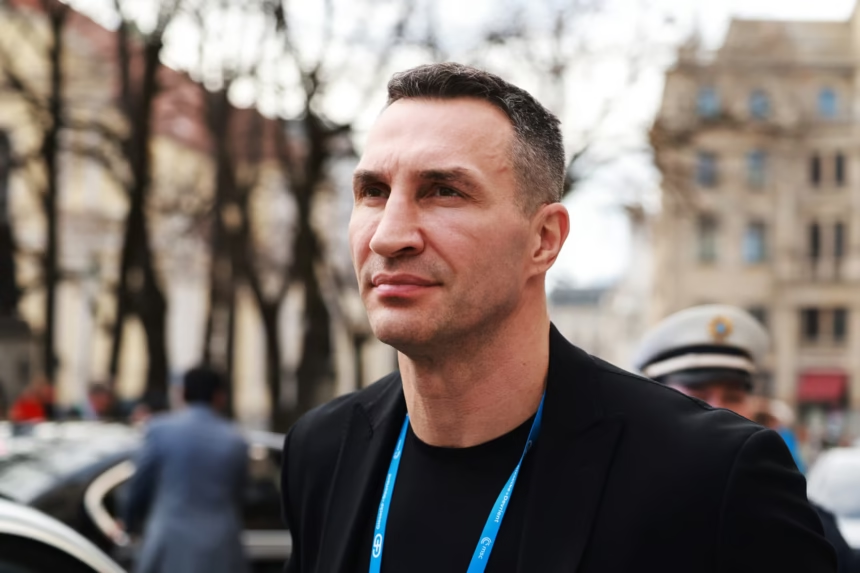KYIV — Ukrainian boxing legend Wladimir Klitschko has called out popular American podcaster Joe Rogan, accusing him of echoing Russian propaganda on his platform. Klitschko also invited Rogan to have an open discussion on the matter.
In a video shared on X, Klitschko addressed Rogan’s recent remarks about U.S. military aid to Ukraine. “You speak about sending American weapons to Ukraine, claiming it could spark World War III. Let me remind you, Putin’s Russia is struggling—his war, expected to last just three days, has dragged on for three years because of the bravery and sacrifice of Ukrainians,” said the former heavyweight champion.
Rogan, known for his massive podcast following and vocal support for former President Donald Trump, expressed strong opinions on Friday. He criticized President Joe Biden’s decision to allow Ukraine to use U.S.-supplied long-range missiles to strike Russian territory, describing it as a dangerous escalation.
“How does a president nearing the end of his term make such a decision? People don’t even want him in office anymore. This kind of recklessness is the last thing we need,” Rogan stated.
While Rogan acknowledged that Russia’s invasion of Ukraine was unequivocally wrong, he took issue with Biden, Ukrainian President Volodymyr Zelenskyy, and other Western leaders, accusing them of escalating tensions. “Zelenskyy says Putin is terrified—are you kidding me? You people are pushing us closer to World War III,” he added.
Ukraine has conducted long-range drone strikes on Russian targets for over a year. However, after Western nations, including the U.S. and U.K., approved Kyiv’s use of their missiles for such attacks, Moscow retaliated with ballistic missile strikes and issued warnings to countries supplying weapons to Ukraine.
Rogan labeled the conflict as “a proxy war,” amplifying a narrative often propagated by Russia to undermine Ukraine’s sovereignty and its fight against occupation. “The situation is insane,” Rogan concluded.
Klitschko’s rebuttal highlights the ongoing battle not just on the ground but also in the information space, as narratives surrounding the war continue to influence global perceptions.







